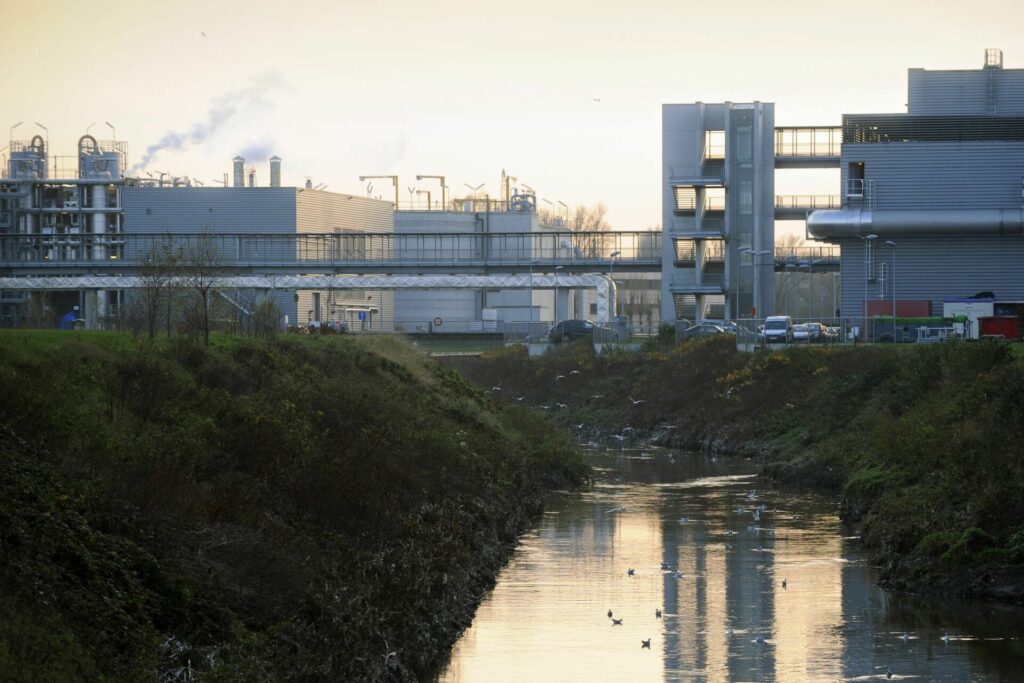The Flemish Government is investing heavily in processes that annually will see 13,320 Olympic swimming pools worth of treated sewage water being transformed into a source of usable water every year.
As part of the region's Blue Deal, its programme to combat drought and water scarcity, it will invest in five business processes that, once implemented, will turn 33.3 billion litres of water that flows from sewage treatment plants, sewer pipes or industrial wastewater treatment plants into drinking, ground or tap water.
"With this investment, we show that wastewater can be a full-fledged source of water by building out circular processes to reduce the pressure on our drinking water supply and surface water," Flemish Environment Minister Zuhal Demir said, adding that this will help make Flanders more resilient to climate change.
Building resilience
Following a very dry and warm spring and summer, groundwater levels across Belgium reached drastic lows. Based on climate change predictions, periods of drought will be longer, more frequent and more intense, posing an increasing risk to the country's water supply.
For the past two years, the region has been investing in projects and initiatives to help strengthen its position in light of water scarcity and shortages. This latest project will see 1.5 billion litres of water reused for drinking water and 31.8 billion litres for processed water, such as tap water and groundwater.
Demir is co-investing €11.29 million in various projects to do so, leveraging a total investment of almost €155 million. The initiative with the biggest impact is one that will oversee the treatment of Antwerp's sewage water, which will be delivered to companies in the Antwerp port area in the form of process water.
Related News
- Heatwaves: Entire regions rendered uninhabitable within decades
- Drought disaster averted as water management investment proves effective
This will save 20 million m³ of water that would otherwise be pumped from the Albert Canal, located in northeastern Belgium, which connects Antwerp with Liège.
When Flanders is facing a drought crisis, restrictions are imposed on the water that can be withdrawn from this canal, which can negatively impact business operations.

